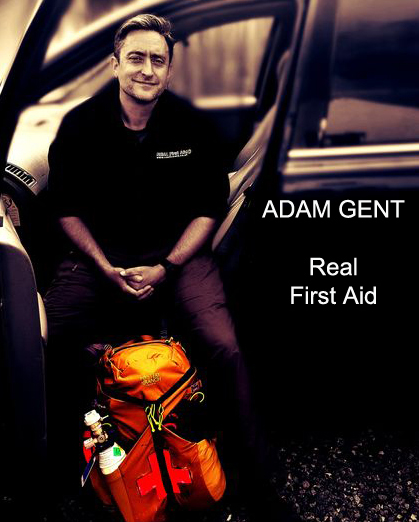I have been lucky I guess, having done CPR on a few folks though the years and they all lived. EMTs are doing it all the time. with mixed results. But citizens? Adam Gent of Real First Aid in the UK wrote this important consideration.

Dark humor.
Ill-founded optimism.
Don’t get me wrong, I am a big fan of dark humor. But if we create an environment where only dark humor is allowed, we do not allow any space for difficult conversations – every opportunity for a meaningful conversation is deftly deflected with an automatic joke and crippling bravado.
What do I mean by ill-founded optimism? Telling people “CPR saves lives” as though it is a given. Because it doesn’t. The absolute vast majority of people who go into cardiac arrest stay there. Forever. But I get it. We want to foster optimism; we want candidates to go out there and do their best. Why wouldn’t you try? But to tell people that CPR can restart a heart or that it can ‘bring someone back from the dead’ is just cruel.
I have lost count of the number of people I have met who have told me about their experience of having to do CPR, and it predictably follows the same format “…so I did CPR…but they died.” With a look of absolute desperation, blame and guilt. All because they were told that CPR saves lives, but in their case it didn’t. How unfair is that?
I know people who have performed CPR on their family or friends who are clearly dead, because the Call Handler told them to. Their last memory of their loved one is brutalizing their body and the taste of their vomit in their mouth. Because they didn’t have the confidence to accept they were dead and nothing could change it, because they were told “Only a doctor can declare someone dead” or that “once you start CPR you can’t stop” or some other nonsense.
Make time for difficult conversations about how woefully unsuccessful CPR is without a defib or within a reasonable time frame. About accepting that dead people tend to stay dead. They were dead when you found them, they were dead while you were doing CPR and they stayed dead afterwards. Nothing changed. It was not your fault. Make time to talk about loss and grief.
Difficult conversations are worth having precisely because they are difficult.” – Adam Gent of https://www.realfirstaid.co.uk/